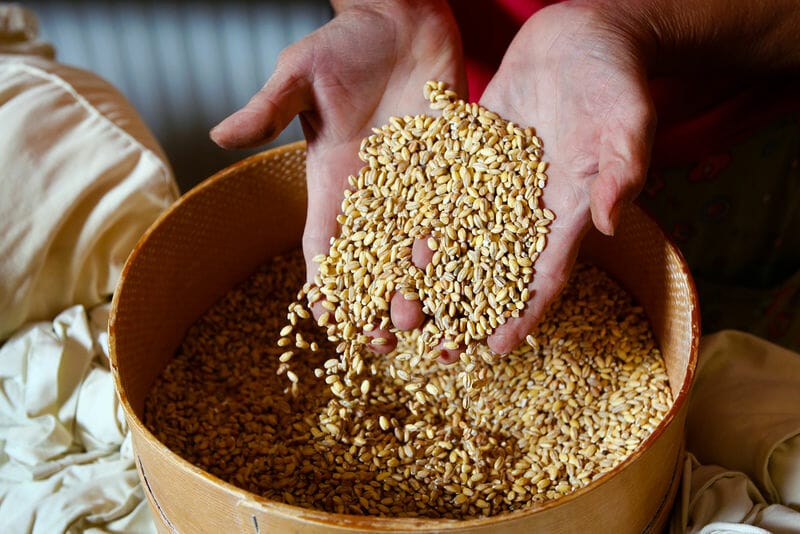S-I-N. These three little letters form a very powerful and highly charged word in both our vocabulary and our experience. Sin is a destructive force in our lives, and it must be dealt with decisively.
The method God gave the Israelites for dealing with their sin portrays not only the destructive nature of sin, but also the costly nature of sin.
In short, someone has to pay for sin, and the payment is death! (
Rom. 6:23.) God allowed the Israelites to offer a temporary substitute as payment…a lamb without defects, or a dove/pigeon if the person was poor. The animal substitute was to be completely destroyed as a picture of sin’s destructive nature and high cost. You see this in the
first chapter of Leviticus.
But this was just a temporary solution to and on-going problem. Though a person would sacrifice an animal to pay for their sin, the person would continue to sin; requiring another sacrifice.
We needed a permanent solution to our on-going sin problem. All of the sacrifices were meant to point to God’s ultimate and permanent solution for our sin…the once-for-all sacrifice of the perfect, sinless Lamb of God. (
John. 1:29) (
2 Cor. 5:21) (
Rom. 6:9-10)
As the person offering the sacrificial lamb would lay his hands on the sacrifice to personally connect their sin with that lamb’s death, we must make the personal application that our sin is personally responsible for Christ’s sacrificial death.
When we personally realize that Christ died for our sin, and we truly accept that His death is applied toward the debt of our sin, we can stand clean before God, and nothing pleases God more.
The book of Leviticus can seem confusing with all it’s rules and rituals, but ultimately it is an object lesson pointing to God’s ultimate sacrifice for us…Jesus.
Bret Legg is the Teaching and Counseling Pastor at Warren Baptist Church in Augusta, GA.












